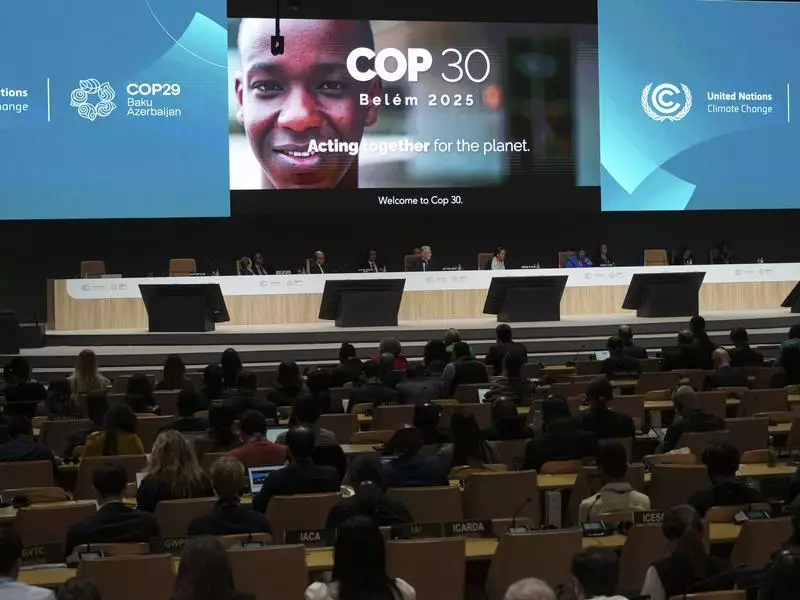
Turkey's industry and technology minister has publicly criticised Australia for what she describes as a disrespectful approach to developing nations, following Canberra's decision to send an assistant minister rather than a senior minister to a major international summit in Brazil.
Diplomatic Tensions Escalate Over Delegation Choice
Turkish Minister Fatma Varank did not hold back her disapproval of Australia's delegation plans for the upcoming G20 meeting of science and technology ministers in Brazil. The controversy centres on Australia's intention to send Assistant Manufacturing Minister Tim Ayres rather than a more senior government representative to the significant international gathering.
Minister Varank expressed her concerns directly to Australian officials, stating that sending lower-ranking representatives to such important multilateral meetings demonstrates a lack of respect toward developing countries. Her comments highlight growing tensions in international diplomatic circles about how nations prioritise their engagement with global forums.
Australia's Defence and Broader Implications
Australian government sources have defended their delegation choice, explaining that Senator Tim Ayres holds relevant portfolio responsibilities that make him appropriately qualified to represent the nation's interests at the Brazil summit. The government maintains that the assistant minister's expertise in manufacturing and trade aligns well with the summit's focus areas.
This diplomatic exchange occurs against a backdrop of Australia's ongoing efforts to strengthen relationships with developing nations across multiple regions. The criticism from Turkey, a key NATO member with growing influence in international affairs, could potentially impact Australia's standing among emerging economies if not addressed carefully.
The incident raises broader questions about how developed nations demonstrate their commitment to international cooperation through the seniority of representatives they dispatch to global meetings. Many developing countries view attendance levels as a barometer of genuine engagement and respect within the international community.
Looking Forward: Diplomatic Relations at Stake
As Australia prepares for the Brazil summit, the government faces the challenge of balancing practical considerations about ministerial availability with the diplomatic messaging inherent in delegation choices. The Turkish minister's public criticism ensures that other nations will be watching Australia's approach closely during the upcoming meetings.
This situation also highlights the increasing assertiveness of middle powers like Turkey in calling out what they perceive as diplomatic slights from traditional Western powers. For Australia, maintaining strong relationships with both established and emerging powers remains crucial for advancing its foreign policy objectives and economic interests globally.
The outcome of this diplomatic friction may influence how Australia approaches future international summits and could prompt a review of delegation selection processes to avoid similar criticisms from other partner nations.





